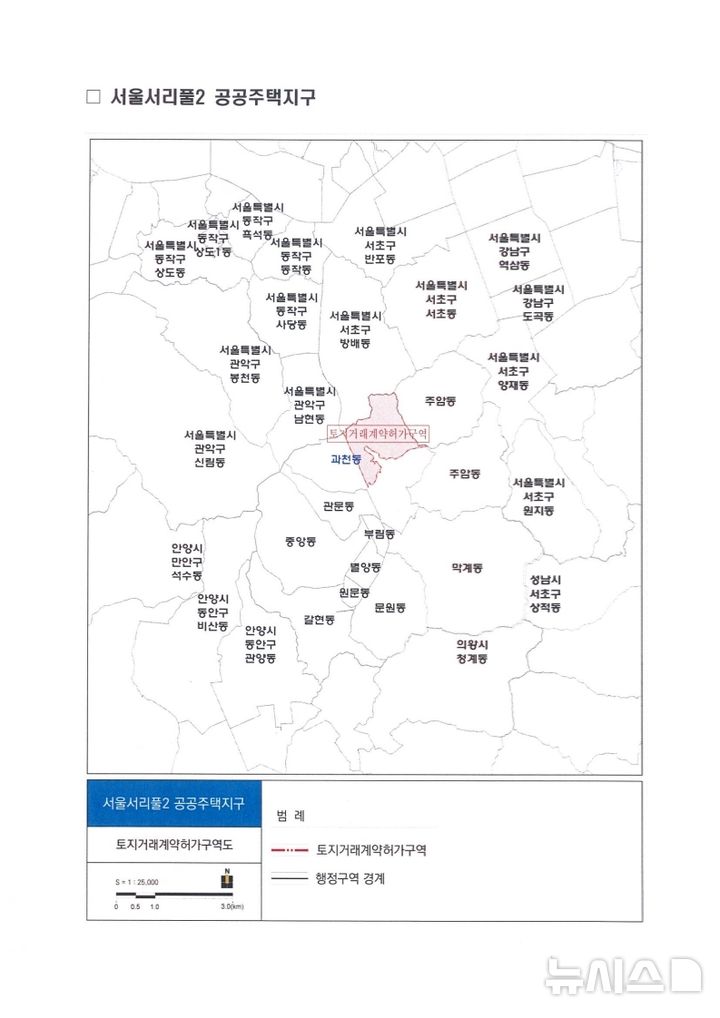news/cms/202411/06/news-p.v1.20241106.5317c289fff14e019429b7d476ed010e_R.png" data-width="500" data-height="328" /> enlarge photo [사진출처=연합뉴스]
With the era of artificial intelligence (AI) smartphones fully blooming this year, an analysis suggests that competition in premium smartphones will become more intense. In particular, global AI competition is expected to become even more intense as Chinese smartphone manufacturers that prioritize cost-effectiveness (price-performance) are entering the premium competition.
According to market research firm Unterpoint Research on the 6th, global smartphone shipments in the third quarter of this year recorded 307 million units, a 2% increase compared to the same period last year.
Although smartphone shipment growth has slowed in recent quarters, third-quarter sales growth grew 10% year-on-year, reaching an all-time high for the third quarter. Apple, which ranked first in the market based on smartphone sales, recorded a 43% market share and recorded the highest sales, shipments, and average selling price (ASP) in its history as of the third quarter.
Jeff Fieldhack, a researcher at Counterpoint Research, analyzed, “The slightly delayed release of the iPhone 16 series, increased preference for the Pro version, and continued expansion in non-mainstream markets drove Apple’s success in the third quarter.”
Samsung’s sales and shipments decreased 2% year-on-year due to weakness in India and Latin America.
Xiaomi’s premium segment grew, led by the Xiaomi 14 series, and its sales growth rate significantly outpaced its shipment growth rate.
Vivo grew the fastest among the top five original equipment manufacturers (OEMs) and ranked first in terms of shipments in China and India in the third quarter.
Oppo’s third quarter shipments and sales decreased compared to the same month last year, but the brand’s global sales returned to growth compared to the same month last year in September, led by Latin America and other Asia Pacific regions. Excluding the top five OEMs, sales in the market recorded double-digit growth rates compared to the same period last year, significantly outpacing the shipment growth rate in the third quarter.
In addition, Huawei, Google, and Motorola led the growth of other brands, and Motorola recorded its highest quarterly shipment ever since entering the smartphone era.
The industry predicts that the premium trend in the smartphone market will continue for the next few years.
In particular, Counterpoint Research predicted that the global smartphone ASP will grow at an average annual rate of 3% from last year to 2028.
“The global smartphone market has reached maturity and shipments are expected to remain stable over the next few years,” said Tarun Pathak, Research Fellow at Counterpoint Research. “Growth will be driven by emerging markets such as India, MEA and Southeast Asia. “As the premium trend continues across the market, smartphone sales are expected to continue to increase until 2028.”
“New technologies, such as generative AI and foldables, are also likely to drive ASP growth as adoption rates increase,” he continued. “More than half of smartphones shipped by 2028 as broader use cases emerge and availability across price points expands.” “We expect this to be a generative AI smartphone,” he added.


